Cornelius Holtorf
Cornelius Holtorf held a meeting with Matthias Ripp and Monika Göttler representing the Organisation of World Heritage Cities (OWHC) in order to prepare a Futures Literacy Workshop during the OWHC’s Global Conference later this year in Cordoba, Spain (17 January 2024).
Cornelius Holtorf held meetings with Sanna Sjöo (Culture and Leisure Dept., Kalmar municipality) and the artists Ruben Wätte and Robin Tidblom about an initiative entitled Expedition Future with several events scheduled during 2024 in Kalmar County, inspired by our work on Heritage Futures (29 January and 7 March 2024).
Cornelius Holtorf discussed in conversation with Karin Stenson, Deputy Secretary-General for the Swedish National Commission for UNESCO at the Ministry of Education and Research, some concrete suggestions for the Zero Draft for the Declaration on Future Generations to be passed by the UN Summit of the Future in September 2024 (21 February 2024).
Cornelius Holtorf was invited to give a Cotsen Public Lecture and presented for an audience of more than 30 a lecture on “Excavating the Future: From Recovery to Regeneration” at the Cotsen Institute of Archaeology, UCLA, Los Angeles, USA (29 February 2024). He presented the lecture again for the Archaeological Research Center, University of California, Santa Cruz, USA (15 March 2024).
Cornelius Holtorf held a mini future workshop for the staff of the Dept. of Collections at the Getty Conservation Institute, Los Angeles, USA (1 March 2024).
Cornelius Holtorf held a meeting with representatives of Alcove Advisors and NEOM, a large-scale urban area planned by Saudi Arabia, regarding heritage futures and the preparation of guidelines for documenting future legacies of NEOM (4 March 2024).
Cornelius Holtorf was among the 300+ participants in the first UNESCO Chair Seminar on the planned UN Pact for the Future (5 March 2024). With about 150 participants representing UNESCO Chairs around the world, speakers from the Bureau of Strategic Planning at UNESCO and several UNESCO Chairs emphasized the need to give more weight to education (including higher education) and culture in the Pact of the Future currently drafted for the UN Summit of the Future to be held in September 2024 and by implication for the post-2030 agenda.
Cornelius Holtorf took part in the Global Stakeholder Consultation on Strategic Planning 2026-2031 for The international Centre for the Study of the Preservation and Restoration of Cultural Property, ICCROM (17 March 2024).
Anders Högberg presented a talk at a seminar in public humanities at Malmö University, invited by the Department of Society, Culture and Identity at Malmö University (26 March 2024).
Cornelius Holtorf had meetings discussing areas of mutual interest and future initiatives with Tim Whalen, Director of the Getty Conservation Institute, Joan Weinstein, Director of the Getty Foundation, and (repeatedly) Camille Kirk, Director of Sustainability at Getty (8, 20, 22, and 27 March 2024).
Cornelius Holtorf co-introduced with Giorgio Buccellati, UCLA and fellow Getty Scholar, a discussion seminar for Getty interns and Getty Guest Scholars on “Urkesh and The Book of Change” (27 March 2024).
Cornelius Holtorf presented a talk entitled “Outlook: Heritage Futures” for 60 senior Getty staff participating in the first Getty Sustainability Convening dedicated specifically to collection environments research and practice (28 March 2024).
On the same occasion, Cornelius Holtorf also ran a 20 minute exercise during lunchtime facilitating discussion among participants about assumptions about the future (28 March 2024).




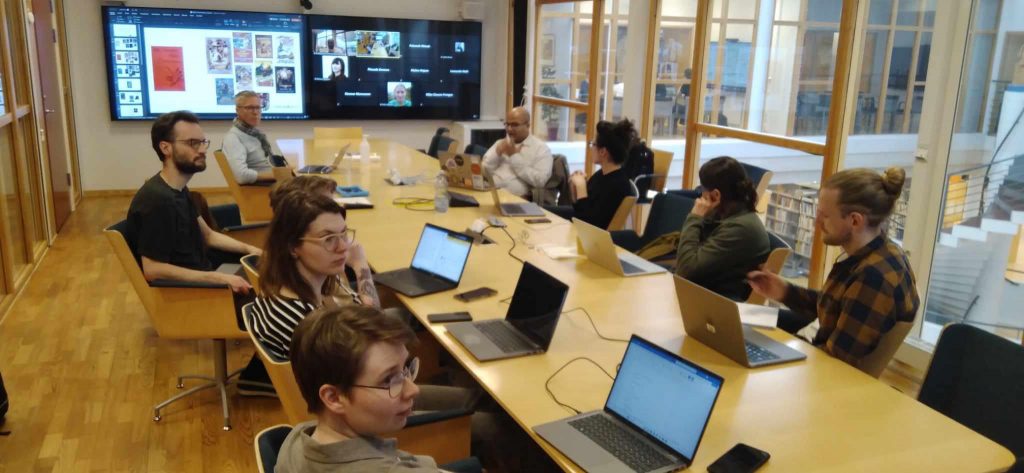
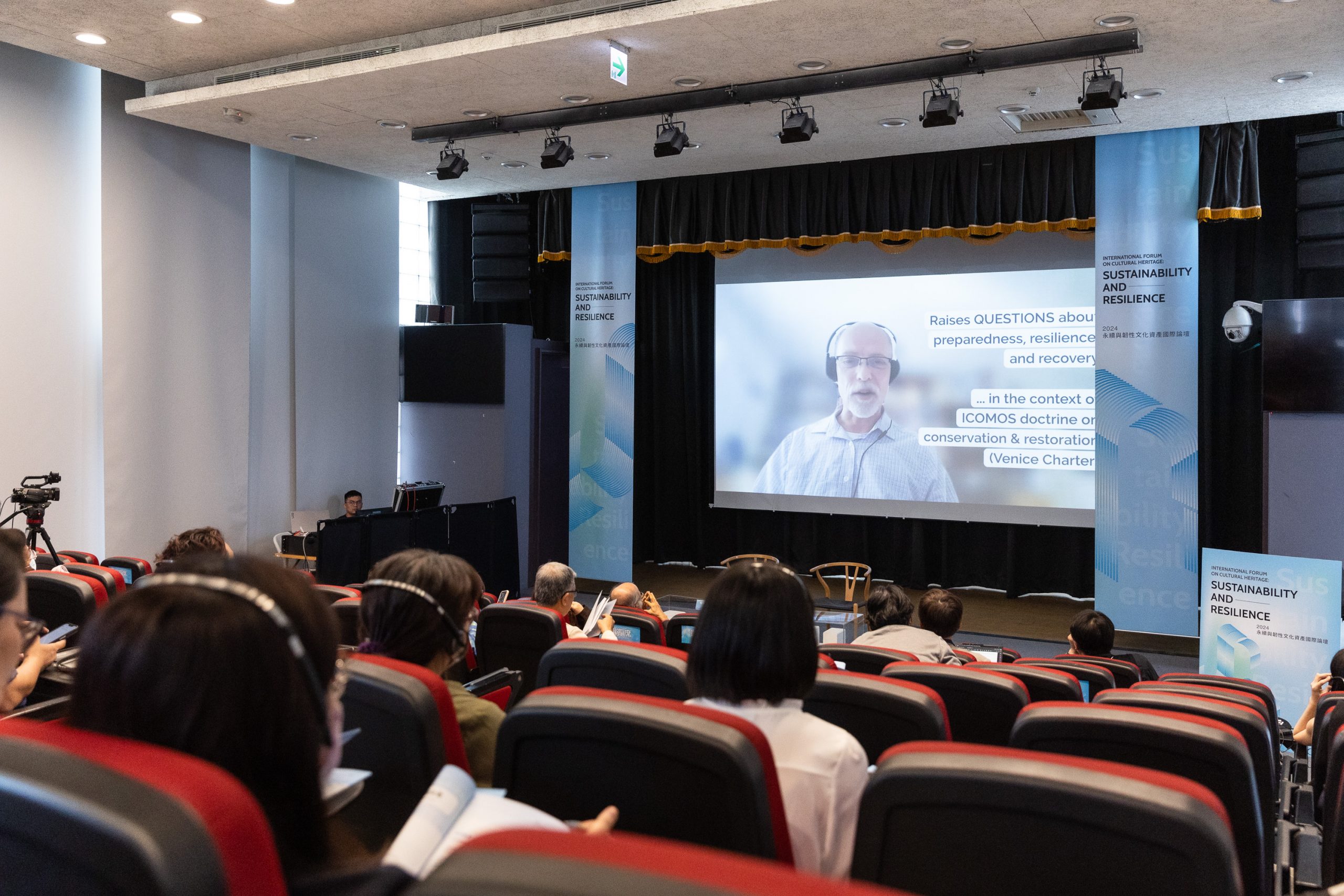

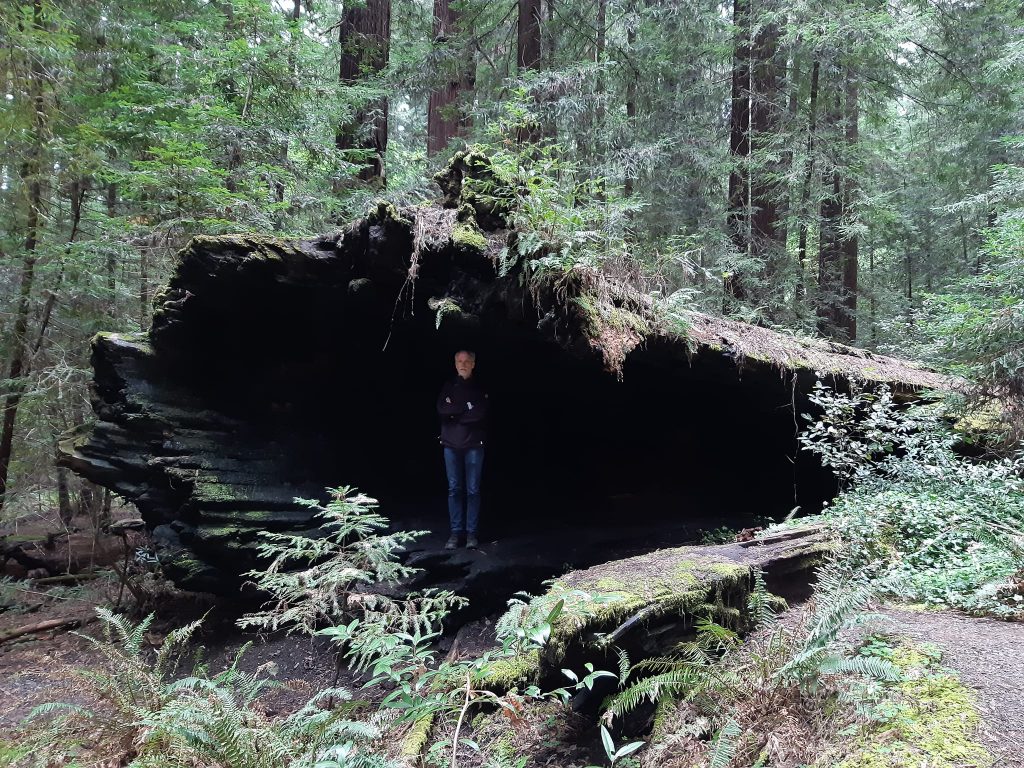
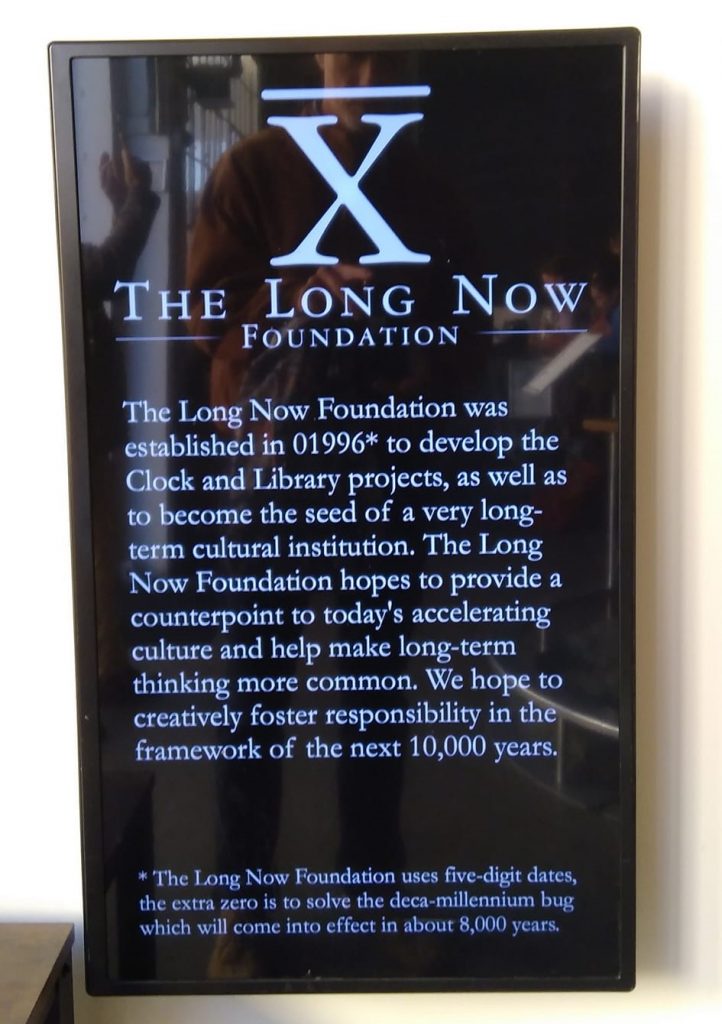
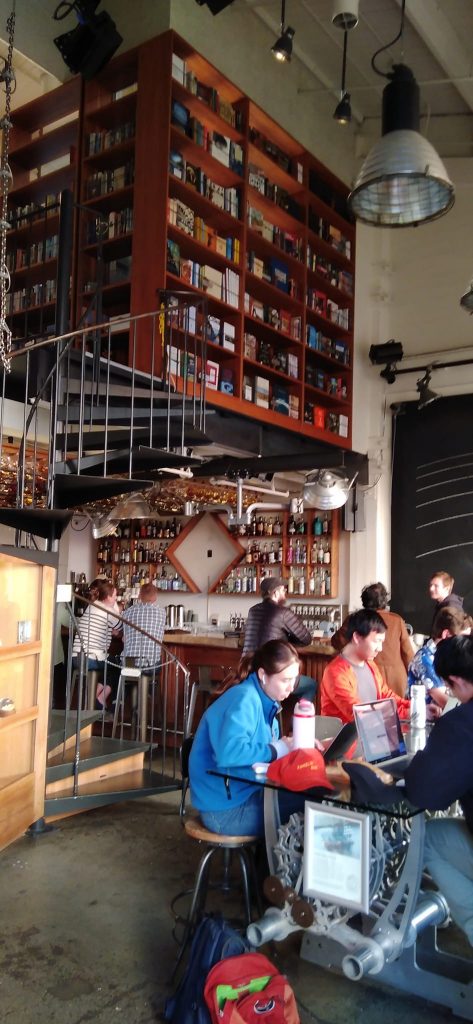
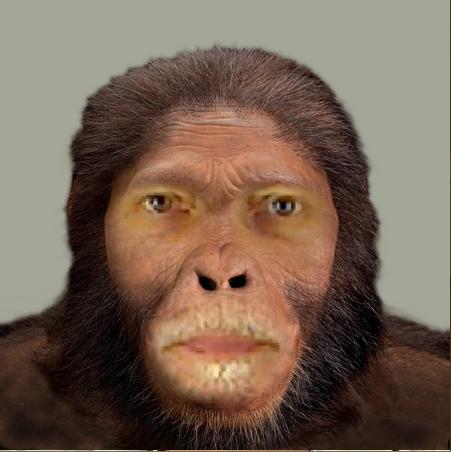
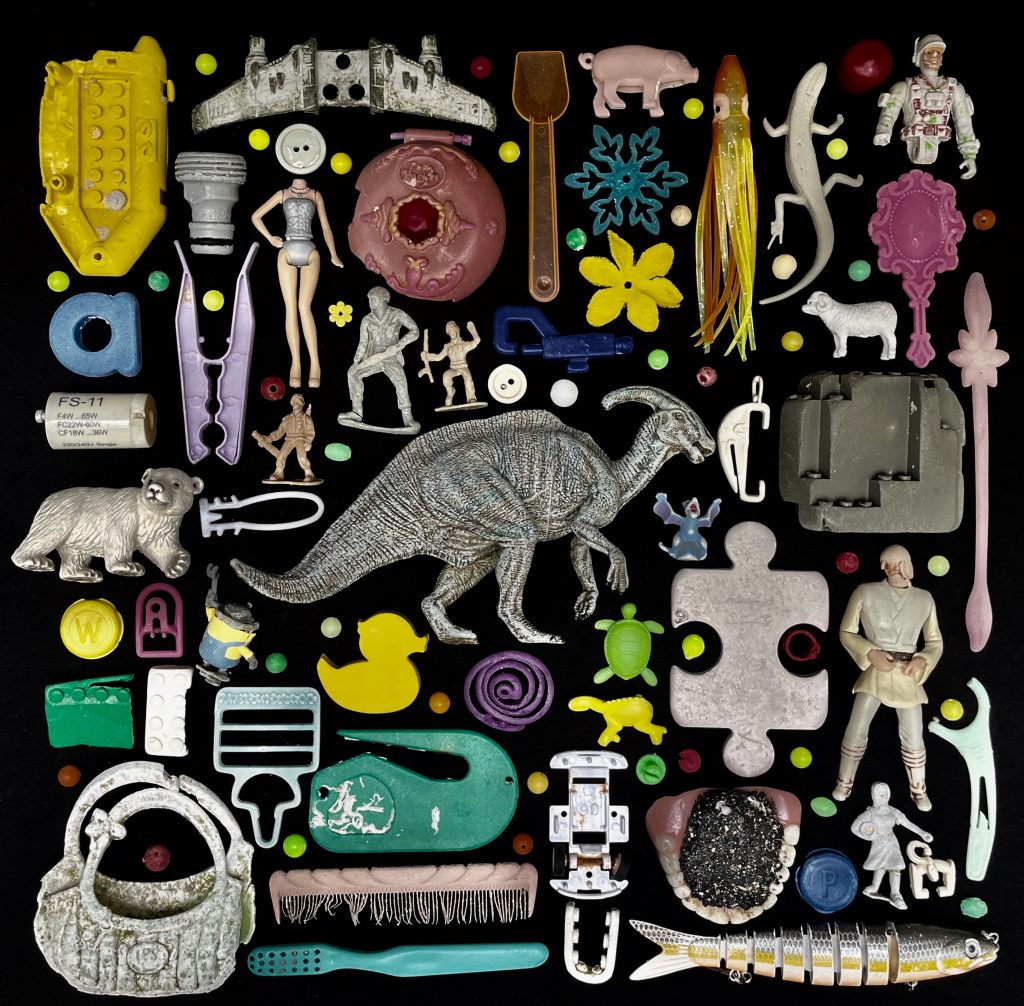
[…] The new funding for this and a number of additional smaller projects, means that the Climate Heritage Network is…
[…] Chair on Heritage Futures « Culture, cultural heritage and COP26 […]
[…] mer på Unescoprofessurens blogg http://blogg.lnu.se/unesco/?p=1061 Besök Öland 2050! […]